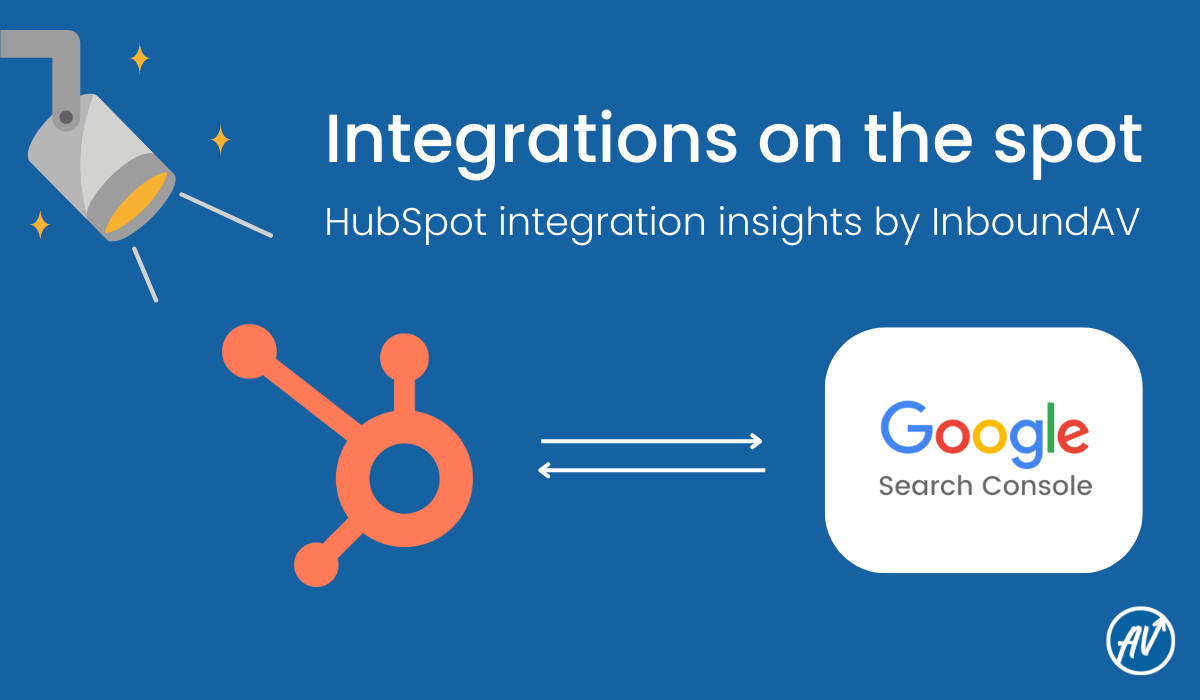When over 92% of global web traffic comes from Google’s online services and 53.3% of website visitors come from organic search, there is absolutely no question that your digital marketing strategy should gear efforts towards ranking better on Google Search.
But how hard is it to get a piece of that pie?
Google’s algorithm is updated hundreds of times at regular intervals, making it extremely difficult to find a formula that will not only suit your business and its needs but also last longer than a few months.
What’s even more challenging is that Google is very elusive when it comes to the actual technical specifications of how it works, so a lot of the conversation surrounding the topic is based exclusively on experience.
The good news is that some core principles have stayed the same over the years, creating a recipe that you can follow to improve your SEO results.
Make it easier for the Google Search algorithm
You have to understand that any search engine is just a crawler with a single objective: finding the answer to the user’s query.
Over the years, the process in which they do this has evolved greatly. Gone are the days where you could simply stuff your content with matching keywords, expecting sheer volume to generate results. Now, Google aims to show user’s search results that it finds genuinely helpful.
In general, there are three areas to consider when building your SEO efforts:
- Technical SEO
- On-page SEO
- Off-page SEO
Holistically paying attention to these three things is crucial to getting on the first Search Engine Results Page (SERP).
Technical SEO
When we refer to technical SEO, we are referring to the overall performance of your website.
Think of it this way: if your website is slow, leads to a large volume of incorrect and broken links, or is unreadable on mobile devices, Google will assess that it’s a difficult and therefore undesirable experience for users, and will penalize your site.
There are a few metrics that you should be paying attention to using tools like Google’s very own PageSpeed Insights:
- Speed Index – how fast your content loads
- First Contentful Paint – the time it takes for the first piece of content to load
- Largest Contentful Paint – the time it takes for the largest piece of content to load
- Time to Interactive – the time it takes before the user can fully interact with a page
Much of this performance is affected by your assets, the way the site is built, the speed of your web hosting, and more.
Moreover, having disconnected web page URLs associated with your domain make it more difficult for Google to crawl through and index your site.
Technical SEO auditing is much like cleaning your house. Get rid of unused assets and improve the efficiency of your site by keeping the following things in mind:
- Get rid of unused code (CSS and JavaScript).
- Make sure your visual assets are using next-gen formats (like JPEG 2000 or WebP) so that they load faster and consume less data.
- Structure your web pages well by mapping out your whole site, including what links to where and why.
- Test for both mobile and desktop, even if you are focusing primarily on desktop (Google predominantly uses the mobile version for ranking, so it will affect your SEO either way).
On-page SEO
As the name suggests, ranking factors for on-page SEO have to do with the page itself. Not just in the content you use, but also in how you’ve structured the page from Google’s perspective.
While keyword targeting remains the primary driver of an effective SEO strategy, Google has become such a sophisticated platform that it will recognize and penalize you for abusive volumes of keywords that are not helpful to users.
The goal is quality content, something that users will actually appreciate and even use given their actual search intentions. If you’ve established a few keywords that you aim to target, try to incorporate them only where it makes sense and not just for the sake of using them.
When crafting your content strategy, consider the following tactics:
- Create topic clusters that you can use to segment your content based on the expertise you want to establish.
- Make sure you research and develop a strong understanding of the field and include that expertise in your content.
- Try to link to credible studies or sources and not just other content publishers who scraped the information from somewhere else.
- Write longer and reliable posts that people can actually use (bonus tip: you can use topics within longer posts to link to other content you may have that explains things in more detail).
- Unless you can create much more compelling and original content, don’t go for highly competitive topic areas.
- Always revisit your content to make sure it is up-to-date and relevant and edit as needed.
Aside from content, there are other on-page tactics you can use:
- Optimize your title and header tags in your HTML.
- Add a meta description that includes your targeted keywords.
- Include alt-text for your images that also targets your keywords.
- Create a sitemap and use simple URLs.
Off-page SEO
A crucial part of ranking involves building domain authority, a metric developed by software company Moz to assess whether or not your site is considered reputable and useful.
While it isn’t a part of Google’s actual algorithm, there is strong evidence to suggest that domain authority is heavily correlated with your search engine ranking.
Your content’s quality will definitely affect your authority as well as the keywords you use, but another factor that can’t be ignored is the quality of your backlinks.
Backlinks are off-site referrals coming from other web entities and indicate that your website is a reputable authority in certain fields. It’s much like the concept of word-of-mouth in traditional marketing, only it’s quantified by whether or not there is a hyperlink that leads to your domain.
Here are a few tips for building a link strategy:
- Go for quality links over quantity. Referrals coming from reputable sites with a high domain authority are more useful than large volumes coming from dubious sources. In fact, you will be flagged for link abuse and penalized by search engines.
- Quality content that is genuinely valuable has a higher chance of being shared organically.
- Platforms like Help a Reporter Out (HARO) provide a number of opportunities for reaching out to reputable content publishers. It’s free and all you need to do is provide a quality pitch for a placement.
- Diverse your link portfolio with both dofollow and nofollow links.
- Conduct regular link audits and actively remove harmful links (links with low domain authority) from external content publishers.
SEO is a dish, not an ingredient
Rather than a single element within your digital marketing strategy, SEO is an entire recipe of ingredients that you need to constantly tweak along your journey toward boosting your organic reach.
You won’t see results by exclusively focusing on a few things, you’ll need to look at the bigger picture of your efforts and ensure that they are all working together to improve your ranking.







